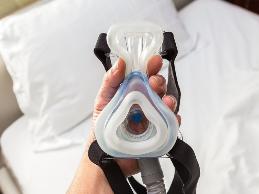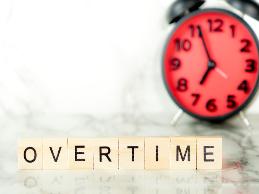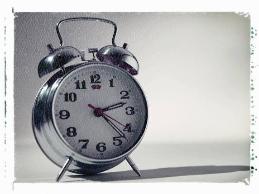On This Page
About Sleep Disorder
Several types of sleep disorders exist and have various symptoms. Insomnia, sleep apnea, narcolepsy, and restless legs syndrome are among the most common. Sleep disorders are neurological conditions that change the way you sleep. They can affect general health, safety and quality of life. Sleep deprivation can affect your ability to drive safely and increase your risk of other health problems.
Some of the signs and symptoms of sleep disorders include excessive daytime sleepiness, irregular breathing or increased movement during sleep, and difficulty falling asleep. There are many different types of sleep disorders. They're often grouped into categories that explain why they happen or how they affect you. Sleep disorders can also be grouped according to behaviors, problems with your natural sleep-wake cycles, breathing problems, difficulty sleeping or how sleepy you feel during the day.
Some common types of sleep disorders include:
• Insomnia involves difficulty falling asleep or staying asleep throughout the night.
• Sleep apnea, in which you experience abnormal patterns in breathing while you are asleep. There are several types of sleep apnea.
• Restless legs syndrome (RLS), a type of sleep movement disorder. Restless legs syndrome, also called Willis-Ekbom disease, causes an uncomfortable sensation and an urge to move the legs while you try to fall asleep.
• Narcolepsy, a condition characterized by extreme sleepiness during the day and falling asleep suddenly during the day.
There are many ways to help diagnose sleep disorders. Doctors can usually treat most sleep disorders effectively once they're correctly diagnosed. Accommodation may help individuals adjust during treatment or to new sleep patterns.
JAN's Accommodation Solutions: Executive Functioning Deficits is a publication detailing accommodations for individuals with limitations related to executive functioning. These ideas may be helpful in determining accommodations.
Sleep Disorder and the Americans with Disabilities Act
The ADA does not contain a definitive list of medical conditions that constitute disabilities. Instead, the ADA defines a person with a disability as someone who (1) has a physical or mental impairment that substantially limits one or more "major life activities," (2) has a record of such an impairment, or (3) is regarded as having such an impairment. For more information about how to determine whether a person has a disability under the ADA, see How to Determine Whether a Person Has a Disability under the Americans with Disabilities Act Amendments Act (ADAAA).
Accommodating Employees with Sleep Disorder
People with sleep disorders may develop some of the limitations discussed below, but seldom develop all of them. Also, the degree of limitation will vary among individuals. Be aware that not all people who are aging will need accommodations to perform their jobs and many others may only need a few accommodations. The following is only a sample of the possibilities available. Numerous other accommodation solutions may exist.
Questions to Consider:
- What limitations is the employee experiencing?
- How do these limitations affect the employee and the employee’s job performance?
- What specific job tasks are problematic as a result of these limitations?
- What accommodations are available to reduce or eliminate these problems? Are all possible resources being used to determine possible accommodations?
- Once accommodations are in place, would it be useful to meet with the employee to evaluate the effectiveness of the accommodations and to determine whether additional accommodations are needed?
- Do supervisory personnel and employees need training?
Accommodation Ideas:
Situations and Solutions:
The following situations and solutions are real-life examples of accommodations that were made by JAN customers. Because accommodations are made on a case-by-case basis, these examples may not be effective for every workplace but give you an idea about the types of accommodations that are possible.


















